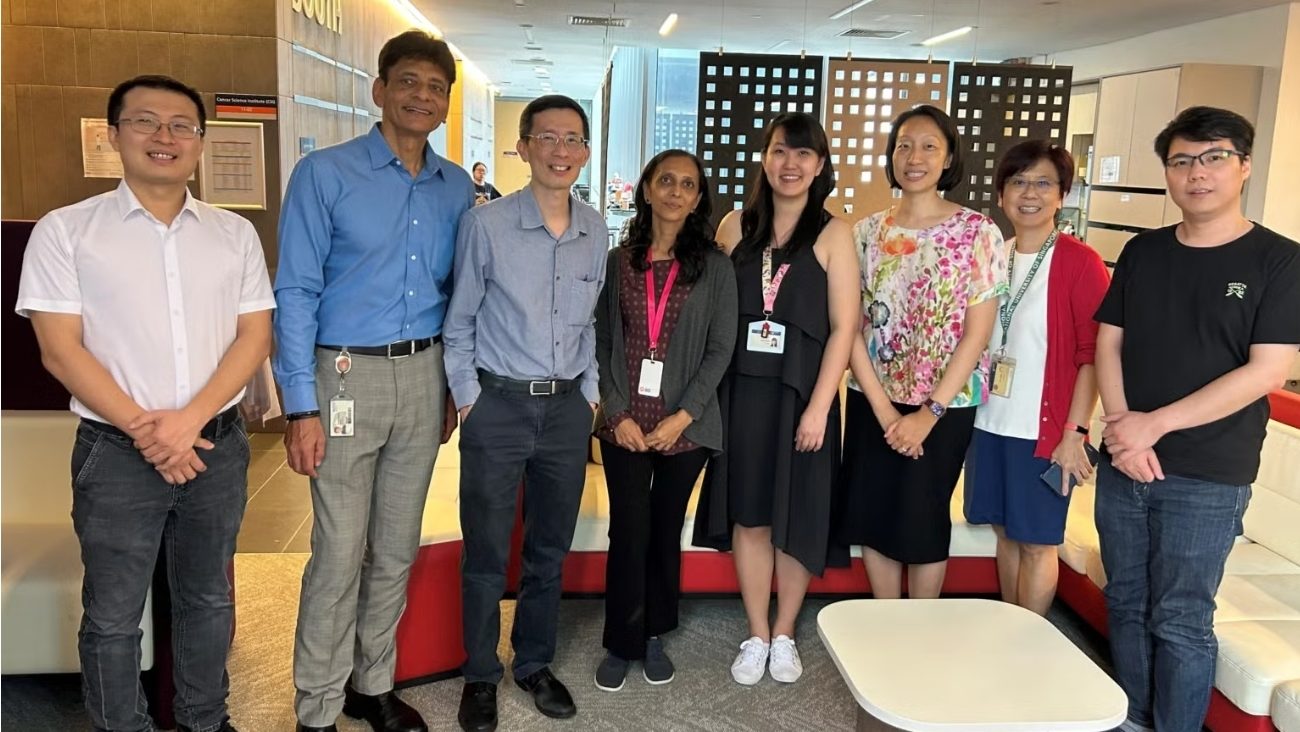SINGAPORE: A team of scientists at the Yong Loo Lin School of Medicine, National University of Singapore (NUS Medicine) has made a significant breakthrough in tackling one of the biggest challenges in cancer treatment: resistance to therapy. Their research has identified a specific protein, SLC1A5, as a major factor in enabling cancer cells to evade treatment, potentially paving the way for more effective therapies.
Led by Professor Goh Boon Cher, Deputy Director of the NUS Centre for Cancer Research (N2CR) at NUS Medicine, and Professor Shazib Pervaiz, also from N2CR, the study focused on tumour-derived extracellular vesicles (TDEs)—tiny particles released by cancer cells that influence communication between cells and contribute to drug resistance. The researchers found that blocking SLC1A5 significantly improved the effectiveness of lung cancer treatments.
“By targeting the proteins that help cancer cells survive treatment, we can potentially enhance existing therapies and develop more personalised approaches for patients whose cancers have become resistant,” said Prof Goh, who is also Deputy Director of the Cancer Science Institute of Singapore (CSI Singapore) at NUS and a Senior Consultant at the National University Cancer Institute, Singapore (NCIS).
Published in the journal Theranostics, the study analysed 161 plasma samples, including 103 from lung cancer patients at various stages and 58 from healthy individuals. The results showed that late-stage, treatment-resistant tumours had significantly higher levels of SLC1A5 in their TDEs compared to early-stage, treatment-sensitive tumours. The findings, backed by a p-value of less than 0.0001, suggest that SLC1A5 could serve as a biomarker to detect resistance early and guide treatment decisions.
SLC1A5 plays a crucial role in transporting glutamine, a key nutrient that fuels cancer cell growth and survival. Laboratory experiments demonstrated that when the protein was blocked—either through pharmacological inhibitors or by silencing SLC1A5 in TDEs—cancer treatments became significantly more effective.
Prof Pervaiz highlighted the importance of this discovery, stating, “Our study shows that tumour-derived extracellular vesicles contribute to drug resistance by transferring proteins like SLC1A5, which alter energy metabolism in cancer cells and make them harder to treat. By blocking SLC1A5, we could help patients regain the benefits of therapy and potentially improve their chances of recovery.”
Dr Jayshree Hirpara, the study’s first author from CSI Singapore, noted that the team aims to further investigate how SLC1A5 and tumour-derived extracellular vesicles impact different types of cancer. “We need to develop treatments to block SLC1A5 transfer in the laboratory before moving to clinical trials,” she said.
This discovery could mark a turning point in cancer therapy, offering a promising new strategy to combat resistance and improve treatment outcomes for patients whose cancers no longer respond to conventional therapies.

